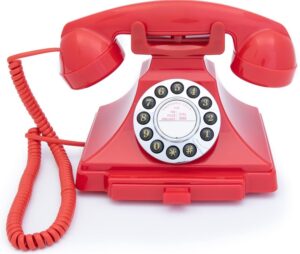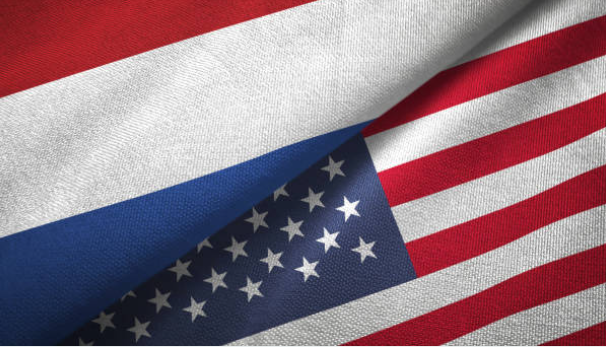by Emily Zaal
“Dutch people who move or immigrate to America have to be careful not to be seen as rude. They can often be misunderstood,” says Tessa Dorresteijn Maher, who grew up in both Dutch and American cultures.
Straightforwardness is a trait that many Dutch people admire. Most ‘Dutchies’ feel that this directness, and transparency, is an admirable way of interacting with others. While that may be the case, this way of communicating can clash with the less direct American culture.
Dutch directness is something that Tessa always knew about, but never fully understood until she experienced it herself while studying in the Netherlands. Speaking both Dutch and English fluently, she easily adapted to whichever country she was in. She emigrated with her family from North Limburg to Wisconsin for her father’s job when she was just three years old. “When I’m in America, I feel much more Dutch, and when I’m in the Netherlands, I feel more American. It tends to switch depending on where I am,” she says.
When she was 18, she had an a-ha moment about Dutch people and how they tell it like it is. It happened while she was in a lecture hall in Utrecht, filled with 100 other students. During the beginning of her studies, she had long blonde hair but decided to get a pixie cut one weekend. “When I arrived in the lecture hall on Monday there was a Dutch guy, who I had never talked to before, and he told me he thought it looked better when I had long hair. I didn’t even ask what he thought, and I thought that comment was very rude,” says Tessa.
Even though at the time she found the comment rude, now, 13 years later, she can laugh about it. Tessa enjoys how different both cultures are and has managed to figure both out quite well. “My Dutch family would come to visit and say they found American small talk, like in a grocery store, to be fake. But I really do love the small talk,” she says.
According to Tessa, no one way is better than the other. “We are all different, and that’s the beauty of America’s melting pot. I think it’s nice that every country has a different way of dealing with each other,” she says.
* Emily Zaal is a journalist in Wisconsin where she previously worked at WSAW NewsChannel 7. She received her master’s degree in journalism from the University of Groningen.




